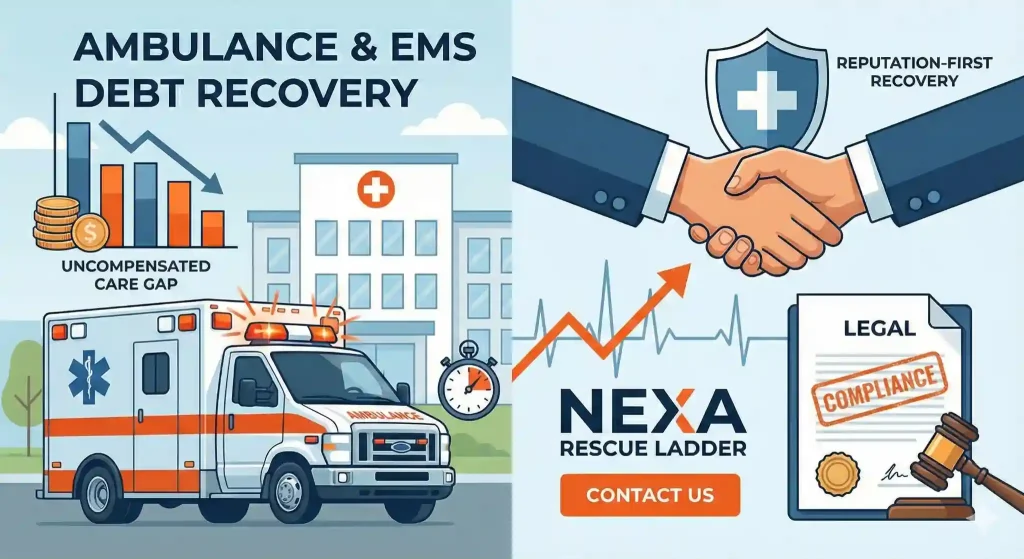
Receiving payments from clients is a crucial part of creating and maintaining positive cash flow in any business. However, a business income stream can quickly get out of balance when clients – whom you’ve delivered top-notch work in a timely and professional manner – decide not to pay their invoices.
When clients cannot settle their accounts, the business makes less profit, incurs losses and may even have to raise prices to break even. If there are too many delinquent accounts, reaching your break-even point might become a struggle.
Unfortunately, when most clients are having financial trouble they most likely will not disclose this fact to the companies they are doing business with. Instead, they just refrain from paying their invoices. In this article, I’ve put together a list of 12 telltale signs that your client is under financial distress.
- There’s no contract in place.
It is pertinent to have a contract in place when working with clients. A contract is a binding agreement that holds the client liable to pay all funds they owe a business. Furthermore, a contract is advantageous should you decide to take legal action against non-paying clients.
- The Client wants to use checks as its sole payment method.
For a business, accepting multiple types of payments is beneficial and aids in getting paid faster. Companies should, therefore, be wary of clients who demand to use checks as their sole means of payment. Paper checks give clients who had no intention of settling their account leeway to be fraudulent since paper checks allow clients to establish their grace period or keep writing bad checks. This means that you will probably never receive your money.
- Inconsistent payments and deadline extensions.
One of the most obvious signs that your client is having financial trouble is that their payments become inconsistent and they are constantly asking for deadline extensions. You may find that you are starting to receive only part of the payment of your invoices on one date and the remaining parts on another date. This is usually a clear sign that your client is having financial trouble.
- The company is becoming contentious.
Healthy cash flow is what keeps every company afloat. Clients who are experiencing financial stress will do anything to survive, including becoming contentious. They might look for any excuse to not pay up or complain about your service for no reason at all. In actuality what they’re trying to do is delaying payment or even completely avoid payment to ease their financial stress.
- Fishy contact information or becomes unreachable.
Perhaps the worst type of non-paying clients is the crooks whose intentions were to not pay you from the start. These are the types with unprofessional or spammy looking email addresses or are constantly changing numbers to become unreachable to people they owe.
- The checks keep bouncing and changing banks.
One surefire red flag is when clients keep changing banks, and their checks keep bouncing. It is not unheard of that a check sent by a client bounced or that they switched bank once in a while, however, if that keeps occurring it is a good indication that they are in financial trouble and cannot settle the account.
- No accounts payable contact person or department.
If your client is a solopreneur or small business, they probably don’t have an accounts payable department. This can be a concern since your bill can become a low priority to them. It is therefore always best to make sure you’re dealing with a real company that will not sway from paying their bills on time by having an ironclad contract on hand.
- Profits are plummeting or layoffs.
For a company to survive long term, it needs to be profitable, thus you need to keep a watchful eye on your client’s profit margin. This can be difficult to spot, but one surefire way to tell is if the company is constantly laying off staff. You can also look for other evidence such as the profit-margin ratios of what might be happening to profits to get a glimpse of your client’s profit margin.
- Declining reputation or a bad news/scandal in the company.
How many big names and long-established businesses have we’ve seen fall because of a bad reputation, continuing bad press or a damning scandal in the company. Nowadays people no longer share their displeasure with a customer service department; they vent on social media for thousands to see. Bad press and scandals will tremendously affect a company’s reputation. As a result market shares can decline, which will lead to financial difficulties and the increased risk that they won’t be able to pay invoices on time.
- Making repeated and inconsistent excuses
If you have a client that repeatedly makes excuses and is constantly asking to extend the deadline, then there’s a good chance that they’re experiencing financial troubles. It is best to stop working with this client immediately.
Key points to keep in mind to ensure that your invoices are paid
To ensure that your invoices are paid, there are three key points you should keep in mind at all times:
- Be selective about your clients: before you start working with a client, it is always best to do a background check to spare yourself the unnecessary headache if it turns out that the client is experiencing financial distress.
- Always request a percentage upfront: One way to vet your clients is by requesting to receive a percentage of the payment upfront. Most companies that are financially stable won’t object to this request.
- Take legal action: If all else fails and your client still turns out to dodge what they owe you, You can always take legal action.
Conclusion:
When working with clients, your priority is to get paid as much as you can as quickly as possible. Check the above-mentioned list to find out if a company is experiencing financial trouble or not. Remember, sometimes, taking a reduced amount now could be a better option than hanging on for full payment later, which never arrives.


